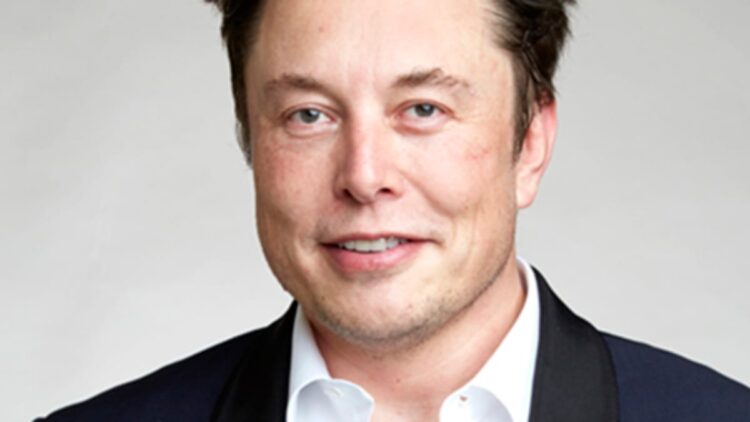By Ben Kerrigan-
A Brazilian Supreme Court judge has announced an investigation into Elon Musk(pictured) in relation to an ongoing probe over the dissemination of fake news and opened a separate investigation into the tech billionaire for alleged obstruction
Brazilian Supreme Court Justice Alexandre de Moraes has escalated the ongoing battle against alleged fake news by including tech mogul Elon Musk in the country’s wider investigation.
Mr Musk posted on the platform that the restrictions had been lifted because the court order was unconstitutional.
He also called for, external Justice Alexandre de Moraes to “resign or be impeached”.
If X fails to comply with the order, it will be fined 100,000 reais ($19,774; £15,670) a day.
The decision which accuses Musk of obstruction and incitement, highlights the delicate balance between free speech and the rule of law in the digital age.
The controversy erupted when Musk, known for his outspoken views and libertarian leanings, launched a scathing attack on the Brazilian judiciary, accusing them of censorship and overreach.
In response to court orders to block certain accounts on his social media platform X, Musk declared his defiance and threatened to cease compliance altogether.
Justice de Moraes swiftly condemned Musk’s actions as a “flagrant conduct of obstruction of Brazilian justice,” arguing that they posed a direct threat to the sovereignty of Brazil. By openly defying court orders and inciting disobedience, Musk’s behaviour crossed a line that could not be ignored, according to the judge’s statement.
Allegations of intentional criminal instrumentalization of X raise questions about the role of tech platforms in regulating online discourse and combating the spread of fake news. Authorities plan to scrutinize Musk’s involvement and assess whether his actions constitute a breach of Brazilian law.
Critics of Justice de Moraes argue that his decisions represent an overreach of judicial authority and a threat to free speech.
They point to a broader pattern of political persecution targeting individuals associated with former President Jair Bolsonaro’s administration, suggesting that the judiciary is being weaponized for partisan ends.
However, defenders of Justice de Moraes contend that his actions are necessary to safeguard Brazilian democracy and protect against the proliferation of misinformation.
The rise of “digital militias” and the dissemination of defamatory content pose a real threat to the integrity of the electoral process and the stability of democratic institutions, they argue.
Musk’s stance as a self-declared free speech absolutist adds another dimension to the debate. While his defiance may resonate with those who champion unfettered expression, it also raises concerns about the unchecked power of tech billionaires to shape public discourse.
Musk’s actions signal a willingness to challenge authority and assert his vision of digital freedom.

